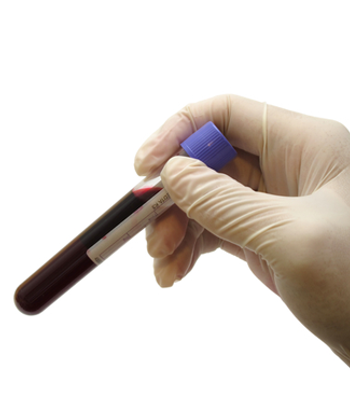
PSA-based screening for prostate cancer among men older than 50 has decreased since the 2012 USPSTF recommendations.

Your AI-Trained Oncology Knowledge Connection!


PSA-based screening for prostate cancer among men older than 50 has decreased since the 2012 USPSTF recommendations.

Thanks to the efforts of the Prostate Cancer Foundation and Movember, men of good will (especially those inclined to grow mustaches and raise awareness and funds each year) and their physicians are newly energized to make progress.

Here we discuss the efficacy and safety of zoledronic acid, denosumab, enzalutamide, abiraterone, and radium-223 and review the available data regarding the cost of denosumab compared with that of zoledronic acid.

Enhanced control of osseous metastases with both systemic life-extending therapies and bone-support medications has meaningful clinical impact for prostate cancer patients.

A study showed that prostate cancer patients with bone metastases could have a long-term response to ADT and an acceptable quality of life for 10 or more years.

A combination of lenvatinib plus everolimus improved survival and overall response compared with everolimus alone in metastatic renal cell carcinoma patients.

A small study found that the detection of AR-V7 in advanced prostate cancer patients is not associated with resistance to initial chemotherapy.

Clinical response can be challenging to predict in some cancers, but new research has shown the ability to predict response to sunitinib (Sutent) in patients with advanced renal cell carcinoma (RCC).

Pembrolizumab demonstrates durable antitumor activity in patients with advanced urothelial cancer, with a higher response rate seen in patients with PD-L1 expression.

Advanced bladder cancer patients with poor prognosis appear to benefit from adding apatorsen 600 mg to first-line chemotherapy with gemcitabine/cisplatin.

Men with prostate cancer assigned to intermittent ADT experienced more ischemic and thrombotic events than did men assigned to continuous ADT.

Researchers have identified a new histologic subset of metastatic castration-resistant prostate cancer that is refractory to androgen receptor inhibition.

Immediate ADT improved overall survival compared with delayed ADT in prostate cancer patients with a rising prostate-specific antigen level.

The addition of docetaxel and prednisone to standard therapy may be the first effective adjuvant chemotherapy treatment for high-risk prostate cancer patients.

Ahead of the 2015 ASCO Annual Meeting, we are discussing the role of immunotherapy in genitourinary cancers with Susan F. Slovin, MD, PhD.

A large majority of prostate tumors sequenced as part of a comprehensive precision medicine study have mutations that can be targeted with available therapies.

Presentation with a urinary tract infection delayed a bladder cancer diagnosis among a population of Medicare patients, with worse delays experienced by women.

At worst radical prostatectomy is equal to radiation therapy in operable very-high-risk prostate cancer, and there are accumulating data to suggest that a surgery-first approach is better induction for multimodal therapy.

It is our opinion that surgery is inappropriate for very-high-risk prostate cancer and that a combination of EBRT and ADT should be the preferred treatment modality.
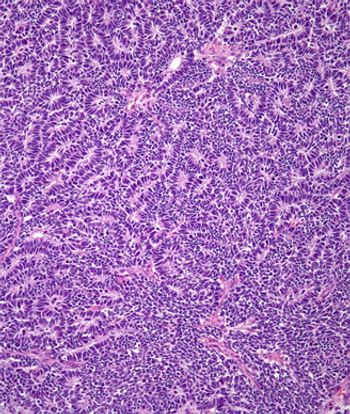
According to the AREN0532 and AREN0533 trials, adding additional drugs to a therapy regimen for Wilms tumor in children with high-risk disease improved outcomes.
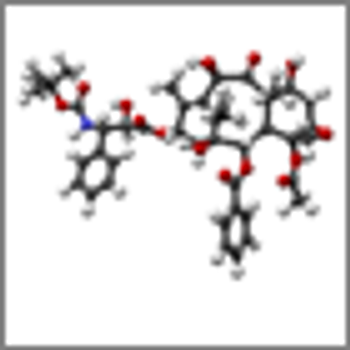
The STAMPEDE trial suggests that survival can be improved in metastatic prostate cancer patients with the addition of docetaxel to frontline hormonal therapy.
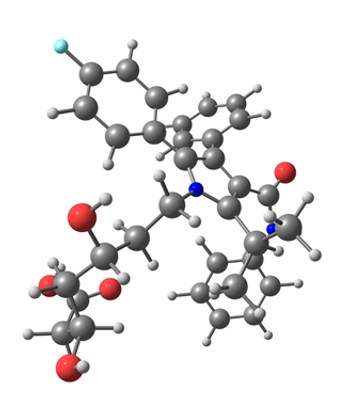
Disease progression among prostate cancer patients starting androgen deprivation therapy (ADT) was delayed by 10 months in patients already receiving statins.
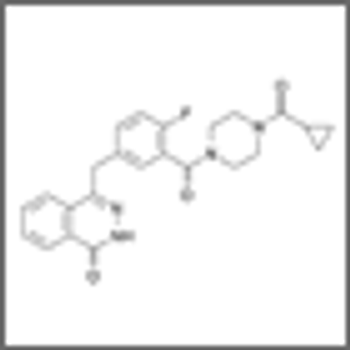
Men with metastatic castration-resistant prostate cancer that had mutations in DNA repair genes were more likely to respond to the PARP inhibitor olaparib.
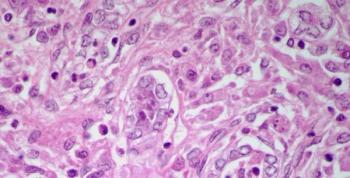
A 62-year-old man presents with anemia and fever. A renal mass is detected and a biopsy is performed. What is your diagnosis?

Too many people are being screened, diagnosed, and treated for certain types of cancer, according to two cancer researchers.